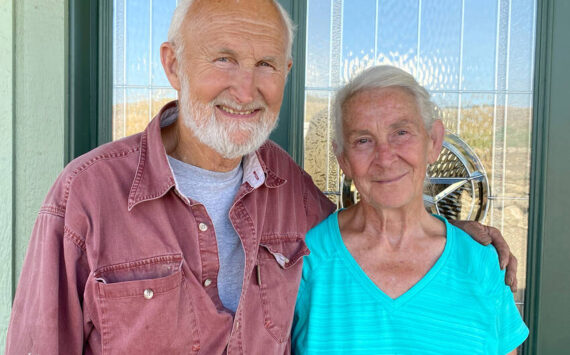Fake news has been with us for a long time, it used to be a big part of gossip. You know the stuff that mean people spread against someone or group they don’t like.
Some say the only thing that travels faster than the speed of light, is gossip. In a small town that used to mean by word of mouth, perhaps a letter or by telephone. Now we have the internet with email, FaceBook, Twitter and Snapchat, and the gloves seem to be off.
 Nothing illustrates this more than the recent election where fake news stories helped to sway the vote presidential vote. Don’t believe it? According to recent studies fake news stories were shared many more times than actual news stories. But it has to be true, you say, hopefully tongue in cheek, I read it on the internet. Some fake stories are well enough crafted they seem to ring true to readers, no matter how fanciful. Why, because like gossip, the reader wanted to believe it.
Nothing illustrates this more than the recent election where fake news stories helped to sway the vote presidential vote. Don’t believe it? According to recent studies fake news stories were shared many more times than actual news stories. But it has to be true, you say, hopefully tongue in cheek, I read it on the internet. Some fake stories are well enough crafted they seem to ring true to readers, no matter how fanciful. Why, because like gossip, the reader wanted to believe it.
Most of these stories are easily debunked if you want to take a few minutes and use the very same internet to research them. Just go to Snopes.com and they’ll tell you whether the story is true, false or partially based in fact. We get lots of these things passed on to us in our email – mostly from people who want to believe the worst in someone or something, usually about a candidate or something the government has done.
Paulo Coelho, the Brazilian novelist, is credited with saying, “Don’t waste your time with explanations: people only hear what they want to hear.” People can adopt that mindset and there are those out there who are creating fake news that can be harmful. Case in point, “Pizzagate.” CNN recently wrote, “Millions of people have read about a crazy conspiracy theory called ‘Pizzagate.’ An untold number of them actually believe it. One person apparently took matters into his own hands and showed up with guns to the pizza place that the conspiracy theorists say is at the center of the web.”
The conspiracy theory apparently motivated someone to drive from his home in North Carolina to Washington. He allegedly walked inside the Comet, pointed one of his weapons and caused a panic. He is alleged to have fired at least one shot before being apprehended.
When authorities asked him why he did it, “the suspect revealed he came to the establishment to self-investigate “Pizzagate.”
Can anyone predict how someone is going to react to fictitious news stories, or legitimate news for that matter? Probably not. But why do people go out of their way to write fake news when there is so much of the real thing out there? We can only guess they are like those mean people that spread vicious, unsubstantiated rumors in an effort to hurt others.
FaceBook really brought the matter to the forefront when they decided to try and do something about not using their social media website to pass on fake news, disguised as legitimate news. It won’t be an easy task.
To comment online about articles in our newspaper and on our website people have to belong to FaceBook. We rarely delete comments but have recently had to delete several with links pointing to fake news such as “Pizzagate” and other nonsense.
When the Internet first became available to the general public someone brought us a printout of what looked like a page from the CNN website. It had a story about UFOs landing in Oroville. The guy who crafted it did it as a joke, but it wasn’t long before several people said it had to be true. After we tracked down the prankster he felt legitimately bad – either because he was caught or because people took it so seriously.
It’s one thing to do something as a joke, it’s entirely something else to make a fake news story to purposely cause someone harm. We’re happy when our news stories elicit emotions, but hope our readers can distinguish fact from fiction when they’re on the internet.





